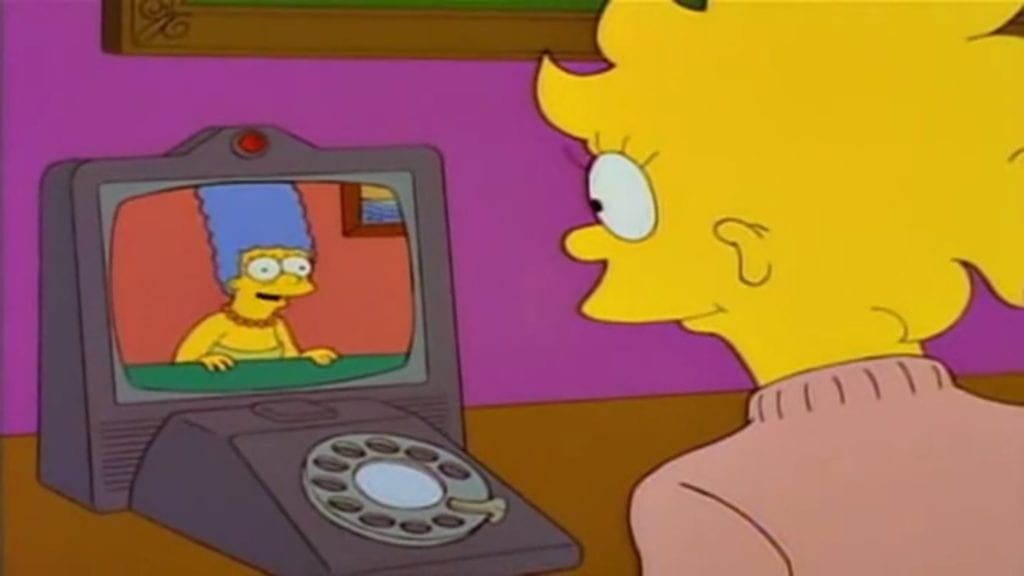Disruption
This current age of technology is accelerating faster than even the most modern person can consume. However, we would be doing ourselves a disservice if we didn’t recognise the achievements and ideas of those who pioneered the way before us. These ideas, and even simple inventions that we take for granted in our day-to-day lives, have shaped not only the way we use technology, but the way we function in the modern world.
As a 20-something person, I view the world we live in very differently to the generations before me. Even by only a few years my views will be dramatically different to my Gen X counterparts, and the generation below me will vary again. As a millennial, I like to think my generation has the best of both worlds – the world before the dawn of the Internet age and the world after it.
I was born in 1995. I still had the simple pleasures of the generations before me, such as climbing trees and playing outside from dawn until dusk. But I had the added benefit of the Internet in its infancy.
In the 90s the internet was slowly growing and becoming more accessible to the average person. By the time I was at school it was a part of everyday life. I was aware libraries were around but never thought to use one unless my school project banned the use of the internet (what a ridiculous concept!).
We had the best of both worlds – innocence while young and information during adolescence. We grew with the internet, not on the internet. Sure, it was an important part of working life even during the 90s and early 2000s, but we weren't working yet so why should we care? The internet to me for so long was just an entertainment device, playing games on a PC was the extent of my usage. It wasn't until school projects that I used this tool for information.
Instant access, instant knowledge, instant gratification.
My mum would always comment that we were lucky, because she had to do her research in a library when she was at school. I didn't feel lucky though, it just made sense this was the next logical step.
Then, the dot com boom exploded.
Faster and better
Once that first step was taken into the world of e-commerce, acceleration was enormous, and now the tech that I was using all those years ago is non-existent. However, that progression still feels logical and intuitive, the better the tech gets, the quicker the advances. It’s obviously no secret that once that first ping was made after thousands of years of society writing on stone, it only took another 20 years to write on glass.
However, it was not just the internet that was making huge ground and quantum leaps. So were the peripherals around it. Devices, software, media outlets – they all advanced with the rapidly changing landscape of the modern world. Silicon Valley seemed to pop up overnight, almost like Hollywood in the 30s where actors and actresses would flock to make their fame and fortune. Tech companies did the same. Start-up companies were taking it to the household names whose monopoly in the current market left them complacent and reactive
One of the names that springs to mind when I hear the words "Silicon Valley" is Uber. This is the pin-up starter company that catapulted into the world of tech and re-framed the way we think about travel. Uber identified a need in the market and pounced on it. The same can be said with the likes of Netflix versus Blockbuster, Spotify versus the CD and record stores – all examples of winners and victims of a changing world, a world changing by the hands of a younger generation who demand that their needs are met instantly.
Evolution
As a millennial, the seeds were sowed early in my life for the need for instant access to everything – news, weather, events, information and, if I don't have to speak to anyone in the process? Well, that’s even better.
Some would argue that humans are losing the ability to communicate with each other. I would tread cautiously when saying this: I would argue we are just communicating differently.
Remember that episode of The Simpsons where they go into the future and Lisa is talking to Marge on a futuristic computer telephone via a webcam? The Simpsons’ writers predicted that in 1995 and it came true in 2006. In 1995 that was seen as something so far into the future and outrageous that the creators are actually of making fun of it. But, what do you know, it came true! (Let's keep the arguments about the Simpsons being able to predict the future for another day.) They anticipated the need for video. Companies are always preaching video first, and for good reason – not only is it a cost effective way to reduce travel, but I think – more importantly – it also builds relationships. The person you are conversing with, you can see they are an actual person... Sometimes you can forget that when all you see is text on a screen or a voice through a headset.

Remember that episode of The Simpsons that they predicted video chatting?
There is a company born and bred in the Silicon Valley foothills, who, like Uber, are market disruptors and leaders in their field. You may have seen their branding and slogan – Delivering Happiness. That company is Zoom. A video-first platform that, if you ask any its customers or partners, they will tell you the same thing.... it just works. As a young person in the workforce I can’t say I'm surprised at their success. A product built on ease of use that actually identified an issue, and then fixed it, who would've thought?
Given the constantly evolving nature of tech and the demands placed upon it by its newest users, companies always have to find a way to stay relevant and meet demands. Who knows what the future will look like and what companies like Zoom will create? Probably something that we can’t comprehend yet. Something that you’d imagine would only be found in Sci-Fi, like holograms or telepathic communication. Maybe I’ll watch more Simpsons and find out. Either way, it’s pretty cool when you think about it – we are no different right now to our ancestors writing on stone or getting psyched about the invention of the wheel. We – like them – have no idea what to expect.
And that's an exciting proposition.

 Back
Back
